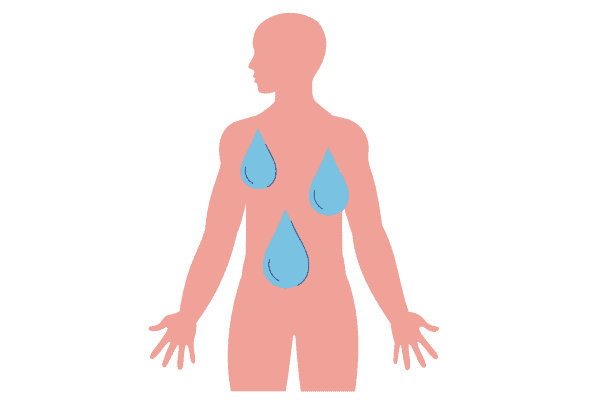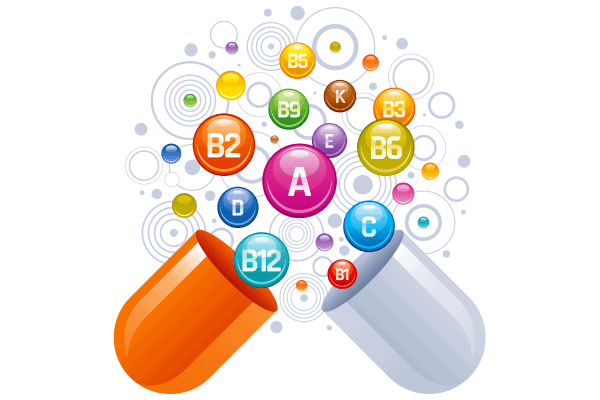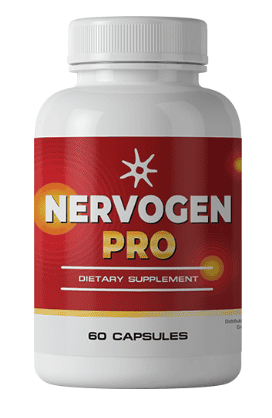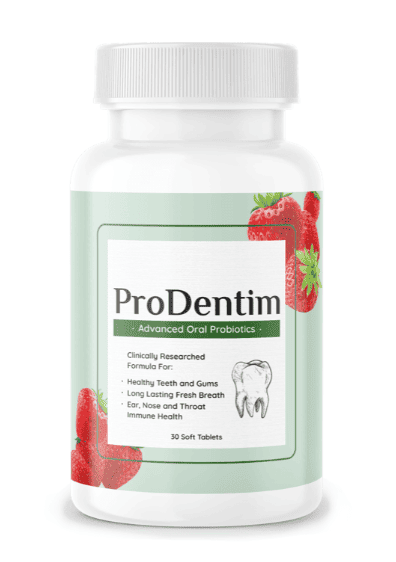How Long to Get Supplements Out of Your System: A Comprehensive Guide
Understanding the Timeline: Getting Supplements Out of Your System
You are ever wondered how long to get supplements out of your system, certain medications, or performance-enhancing supplements to skedaddle out of your system? Well, you’re not alone! The longevity of these essential nutrients in our bodies varies significantly. It’s not a one-size-fits-all scenario. From the adequate amounts you pop, your overall health, age, and metabolic rate play a significant role in this process.

We’ll explore why some vitamins linger in our system for weeks, others months, and their potential impact on longevity. By understanding the possible effects different supplements, including the risk of vitamin toxicity, have on our overall health, we can make informed decisions about what amounts to take and when. So sit tight for a long time as we answer this burning question!
Digestion and Retention of Vitamins
Ever wonder about the journey of multivitamin supplements and essential nutrients from foods in your body? It’s a fascinating process involving powerful antioxidants.
The Vitamin Voyage
Your stomach gets to work once you focus on nutrition-rich foods like fruits or multivitamin supplements. Here, stomach acid breaks down various essential nutrients and vitamins, prepping them for absorption.
The absorption rate of multivitamin supplements varies depending on the type of essential nutrient. Fat-soluble vitamins like A, D, E, and K get absorbed as dietary fats in the intestines from foods. Conversely, water-soluble vitamins such as B12 and C get rapidly absorbed into your immune system via your bloodstream.
Storage Showdown: Fat Soluble vs. Water Soluble
Between fat-soluble and water-soluble vitamins, there’s a stark difference in storage time. Foods rich in essential nutrients like zinc can offer significant benefits.
- Fat-soluble vitamins, an essential nutrient, can be stored in your liver and fatty tissues for extended periods, with foods and water aiding in their absorption.
- Water soluble vitamins: Not stored as much in foods. Excess amounts, an essential nutrient, usually exit through urine, not aiding in fat absorption.
This explains why overdoing it with fat-soluble vitamins found in foods can lead to vitamin toxicity – they hang around for longer due to their essential nutrient absorption in water!
The Liver’s Role
Consider your liver a bustling storage unit for fat-soluble vitamins from foods and water, which are crucial for your skin and system. It determines when to release these nutrients into your bloodstream based on your body’s needs.

However, several factors, including various vitamins and vitamin supplements, can affect how efficiently these nutrients are absorbed. This is especially true for fat-soluble vitamins, which can lead to toxicity if not correctly managed.
- Your daily intake from a balanced diet.
- Certain conditions like diarrhea might speed up nutrient loss.
- How much fat is in your diet to better absorb soluble vitamins from multi-vitamin supplements? Remember, excess intake can lead to vitamin toxicity.
So next time you munch on veggies or pop a vitamin supplements pill, remember. These fat-soluble vitamins take time to leave your body system, and excessive intake can lead to vitamin toxicity!
Exploring Energy Boosts from Supplements
B-Vitamins: The Energy Makers
B vitamins are the real deal for energy production, much like a water system powering a city. They’re like little powerhouses, helping your body convert food into fuel, just as a system efficiently manages resources. Think of them as the ‘good guys’ in a superhero movie, always ready to save the day when fatigue strikes.

- B1 (thiamine) and B2 (riboflavin), both water-soluble, are body boosters that help break down simple carbs. Unlike fat-soluble vitamins or vitamin supplements, they aren’t stored in the body.
- B3 (niacin), a soluble vitamin, is a pro at breaking down fat cells in the body. This makes it a key component in many vitamin supplements, especially water-based ones.
- B5 (pantothenic acid), a soluble vitamin: A key player in breaking down fats and carbs for energy in the body, often found in vitamin supplements.
- B6 (pyridoxine) and B12: Vital for new cell production in the body; these are not fat-soluble vitamins.
Iron: The Oxygen Transporter
Iron supplements and fat-soluble vitamins don’t just boost energy levels; they’re crucial for transporting oxygen throughout your body. It’s like having a fleet of delivery trucks, ensuring every cell gets what it needs to function efficiently.
- Men need about 8 mg per day
- Women need up to 18 mg per day
Remember, more isn’t always better regarding fat-soluble vitamins in your body. Stick with recommended dosages to avoid potential side effects.
Timing is Everything
Timing is everything when taking your fat-soluble vitamins. Take them too late in the body’s day, and you might be wide awake at bedtime. Too early? You could crash before your body’s lunchtime.
Here are a few tips:
- Morning: Best time for most people
- Afternoon: If you experience afternoon slumps
- Evening: Only if directed by a health professional
Side Effects? No Thanks!
While soluble vitamin supplements can boost the body’s energy levels, they’re not without potential side effects.
- Jitters or nervousness
- Difficulty sleeping
- Elevated heart rate
The good news? Most side effects from soluble vitamins are temporary and will disappear once your body adjusts to them or if you reduce your dosage.
Interactions between Supplements and Medications
Have you ever swallowed a multivitamin packed with soluble vitamins along with your morning meds? You’re not alone. But, mixing these body supplements with specific medications might be a recipe for disaster.
- Medications like blood thinners or antidepressants can interact negatively with dietary supplements, including vitamins. For instance, Vitamin K, a crucial vitamin, can decrease the effectiveness of blood thinners.
- Mixing certain vitamins with specific drugs can lead to risks. Too much Vitamin A alongside retinoid acne treatments may cause toxicity.
- Healthcare providers should always be in the loop when combining medication with vitamin supplementation for the body. They can advise on safe doses and avoid potentially toxic doses from extensive supplements.
Consider this:
A study found that St John’s Wort (a popular supplement) reduced the effectiveness of contraceptive pills leading to unplanned pregnancies.
Scary, right? It’s crucial to consult a healthcare provider before popping any vitamin or body supplement pill alongside your regular meds.
Let’s look at some examples:
- Calcium – Taken in large doses could interfere with heart and blood pressure medications.
- Fish Oil – May increase bleeding risk when taken with blood thinning medications.
- Ginseng – This can lower the effect of warfarin, a commonly used blood thinner.
Remember, it’s not just about how long it takes to get vitamins and other supplements out of your body, but also about their interaction within our bodies while they are there! Always consult your healthcare provider before mixing up your meds, vitamins, and other body supplements.
Addressing Nutrient Deficiencies through Supplementation
Nutritional deficiencies, like a lack of vitamins, can be a real bummer for your body. They sneak up on you, leaving you feeling subpar. But there’s good news – supplementation can help fill those gaps.
Identifying nutrient and vitamin deficiencies in your body is the first step. A registered dietitian can help pinpoint what’s missing from your diet. Maybe it’s Vitamin D or perhaps iron? They’ll guide you to the right vitamin supplement for your body’s needs.
Now, popping a multivitamin isn’t always the answer to your body’s needs. Targeted supplementation, like vitamins, is where it’s at! If a vitamin D deficiency has been spotted in your body, then a vitamin D supplement is what you need – not a multivitamin shotgun approach.
Here are some common nutrients people often lack:
- Iron
- Vitamin D
- Calcium
- Potassium
Once you start with the vitamin supplements, monitor how things progress. It might take some time for these vitamins to get out of your system and make way for optimal health.
Over-supplementation of vitamins can be a risky business too. Adequate amounts of these essential nutrients are crucial, folks! Too much of any vitamin ain’t suitable for anyone. It could lead to toxicity or interfere with the absorption of other essential nutrients.
So, remember:
- Identify nutritional deficiency.
- Choose targeted supplementation.
- Monitor progress regularly.
- Avoid over-supplementation.
Supplementing wisely with vitamins means giving your body just enough of what it needs without going overboard – like adding just the right amount of salt to the soup!
Clinical nutrition is all about balance and moderation when addressing deficiencies in our diets, including vitamins, to achieve our recommended daily intake and maintain a supply of these essential nutrients for optimal health.
Adjusting to Discontinuation of Supplements
Body’s Response and Time Adjustment
Halting the regular intake of specific vitamins or supplements may trigger physical responses. Some common side effects of discontinuing vitamins include fatigue, headaches, or mood swings. It’s your body finding its way back to its normal state.
The time needed for the body to adjust post-vitamin supplementation discontinuation varies. Factors that influence this include
- Type of supplement
- Dosage level
- Duration of use
Typically, these vitamin levels take a few days to weeks to normalize.
Managing Withdrawal Symptoms
High doses of specific vitamins and supplements could lead to gaps that might cause withdrawal symptoms. To manage them
- Reduce dosage gradually instead of stopping suddenly.
- Stay hydrated and maintain a balanced diet.
- Consult with a healthcare professional if symptoms persist.
Safe Discontinuation Strategies
Long-term vitamin supplement use needs careful discontinuation strategies. Here are some tips.
- Don’t rush absorbing vitamins; slow and steady wins the race.
- Monitor your body’s reaction closely.
- Seek professional advice if needed.
Everyone’s different, so what vitamins work for one person may not work for another. Listen to your body and give it the vitamin care it needs during this transition period.
Wrapping Up the Supplement Saga
Let’s cut to the chase, shall we? You’ve learned about how your body digests and retains vitamins. It’s not just a one-size-fits-all process – it varies based on the type of supplement you’re taking.
You also explored how vitamins and other supplements can give an energy boost. But remember, they’re not magic pills. These vitamins work best when combined with a balanced diet and regular exercise.
Vitamins, as supplements, can interact with medications, sometimes in ways you wouldn’t expect. Always consult a healthcare professional before starting any new vitamin or supplement regimen.
Addressing nutrient and vitamin deficiencies through supplementation is a smart move. But again, they’re not substitutes for a healthy vitamin-rich diet.
Finally, discontinuing vitamin supplements doesn’t mean your body will immediately revert to its previous state. It takes time to adjust.
So now what? Remember these points next time you reach for that bottle of vitamins or minerals. And don’t forget to talk to your healthcare provider if you have any concerns or questions!
FAQ – How Long to Get Supplements Out of Your System
How long does it take for my body to digest and retain vitamins?
It depends on the specific vitamins or minerals, but most vitamins are absorbed within 2-6 hours after ingestion.
Can I rely solely on supplements for energy boosts?
Nope! Supplements like vitamins can boost energy and lifestyle factors like proper nutrition and regular exercise.
Do all supplements interact negatively with medications?
Not necessarily – some vitamins might even enhance medication effectiveness! However, consulting a healthcare professional before mixing meds and vitamins is crucial.
Can I fix all my nutrient deficiencies through supplementation?
While vitamin supplements can help fill nutritional gaps, they should not replace a balanced diet of diverse foods that naturally provide essential nutrients and vitamins.
What happens when I stop taking my daily supplement?
Your body will gradually adjust as it gets used to functioning without that vitamin supplement.
We’re reader-supported. We may earn an affiliate commission when you buy through links on our site.

Angus Robertson
Hi there! I’m Angus Robertson, a nutritionist and fitness enthusiast. I am passionate about helping people achieve optimal health through balanced nutrition, regular exercise, and mindful living. My blog, “My Fitness Health Journey,” aims to inspire and empower individuals to make positive lifestyle changes for a healthier and happier life.






